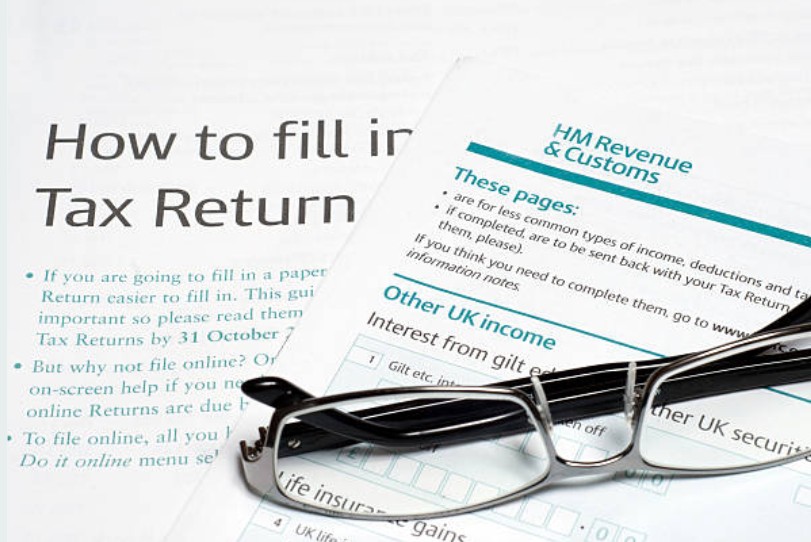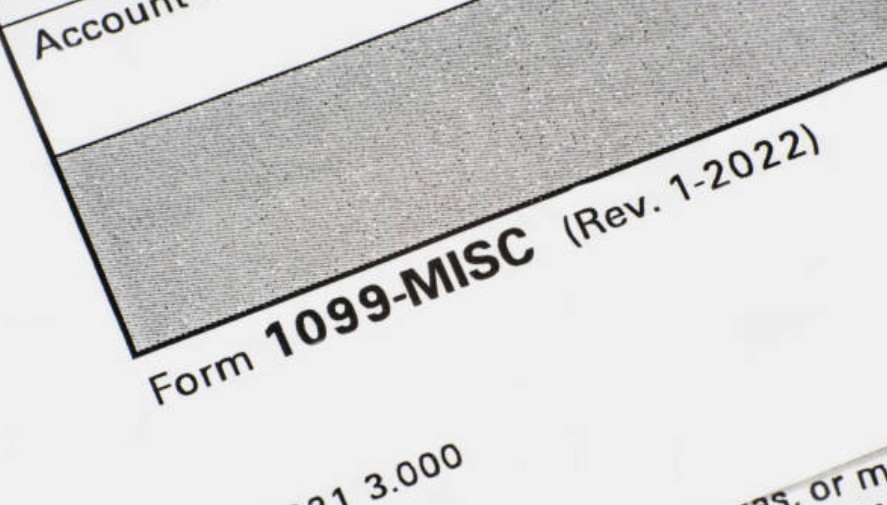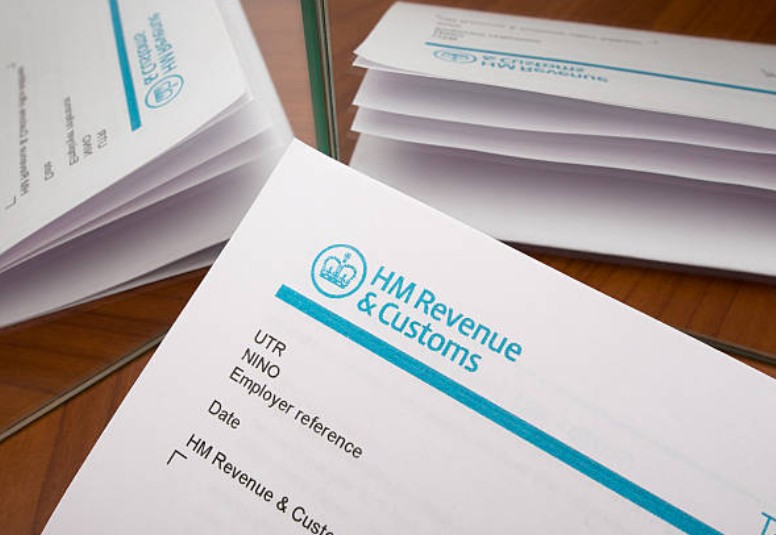Navigating the complexities of your tax code can seem like an overwhelming challenge. Many UK taxpayers often ask, How to Contact HMRC About Tax Code? This comprehensive guide is designed to help you understand the ins and outs of your tax code and the multiple ways you can reach HMRC for assistance. From online tools to telephone support and traditional mail, we provide detailed, step-by-step guidance tailored to UK residents. This article also features engaging, question-based subheadings, side headings, FAQs, and even tables and bullet points to ensure clarity and ease of understanding.
What Does Your Tax Code Mean and Why Is It Important?
Your tax code is a critical identifier used by HMRC (Her Majesty’s Revenue and Customs) to determine how much tax should be deducted from your earnings. An accurate tax code prevents you from:
- Overpaying Tax: Avoid unnecessary deductions.
- Underpaying Tax: Prevent owing large sums at the end of the fiscal year.
- Confusing Tax Returns: Reduce errors during annual filings.
- Financial Discrepancies: Ensure that all tax benefits and allowances are correctly applied.
Key Components of Your Tax Code:
- Tax-Free Threshold: The income limit before taxation applies.
- Emergency Tax Codes: Temporary codes applied until HMRC receives updated information.
- Additional Allowances or Deductions: Adjustments based on your employment or personal circumstances.
Understanding these components is the first step in determining whether your tax code is correct, and knowing how to contact HMRC about Tax Code. If you spot any discrepancies.
How to Contact HMRC About Tax Code?

HMRC offers a host of digital tools designed for efficiency and accessibility:
Personal Tax Account:
-
- Features: View your tax code, update personal details, and track changes.
- Benefits: Instant access 24/7.
Live Chat Support:
-
- Usage: Engage directly with an HMRC representative in real-time.
- Advantages: Immediate responses to urgent queries.
Telephone Support: Is Direct Communication More Effective?
If you prefer a more personal touch or need complex issues addressed, telephone support is an excellent option. Here is an up-to-date table of contact numbers:
| Service | Contact Number | Operating Hours |
| HMRC Tax Code Enquiries | 0300 200 3300 | Monday to Friday, 8 am – 8 pm |
| HMRC General Enquiries | 0300 200 3600 | Monday to Friday, 8 am – 8 pm |
| HMRC Self-Assessment Helpline | 0300 200 3310 | Monday to Friday, 8 am – 8 pm |
Postal Correspondence: When Should You Opt for the Traditional Route?
For those who prefer the written word, contacting HMRC by post is a reliable method. Ensure you include:
- Your National Insurance Number
- Tax Reference Details
- A Detailed Explanation of Your Query
In-Person Visits: Is a Face-to-Face Meeting Necessary?
While most queries can be resolved remotely, certain complex issues may require a face-to-face meeting at an HMRC centre. Booking an appointment can be particularly helpful if:
- Your case involves multiple discrepancies.
- You need detailed personal guidance.
- You prefer in-person communication.
Why Is Verifying Your Tax Code Critical for Your Financial Health?
An incorrect tax code can have long-lasting implications on your financial stability. Let’s look at why verifying your tax code is a must:
- Prevents Financial Loss: Ensures you’re not overpaying tax.
- Reduces Stress: Avoids last-minute financial surprises during tax season.
- Optimises Entitlements: Guarantees that all allowances and reliefs are correctly applied.
Additional Considerations:
- Regular Monitoring: Check your payslips and personal tax account periodically.
- Keep Updated Records: Maintain organized records of all correspondence with HMRC.
What Steps Should I Take If I Suspect My Tax Code Is Incorrect?

Before contacting HMRC, confirm any discrepancies by reviewing your payslips and tax documents. Common signs include:
- Unexpected Deductions: Noticeably high or low tax deductions.
- Inconsistent Codes: Different codes on different payslips.
- Changes in Personal Circumstances: Marriage, new job, or additional income that has not been reflected.
What Documentation Should I Gather?
Having the right documents at hand can expedite the process:
- Payslips: Recent and records for comparison.
- P60/P45 Forms: Year-end tax summaries or records from previous employment.
- Correspondence from HMRC: Any letters or notices received regarding your tax code.
- National Insurance Number: Essential for verification.
What Are the Recommended Steps?
Step 1: Review Your Tax Code
-
- Check your tax account and payslips.
Step 2: Document the Issue
-
- Keep a detailed record of the discrepancy.
Step 3: Choose Your Contact Method
-
- Decide between online, telephone, postal, or in-person options.
Step 4: Contact HMRC Promptly
-
- Use the relevant contact details provided above.
Step 5: Follow Up
-
- If the issue isn’t resolved promptly, escalate your query with a formal complaint.
Conclusion
Understanding how to contact HMRC about Tax Code is vital for every UK taxpayer. By utilising a mix of digital tools, telephone support, postal correspondence, and, when necessary, in-person consultations, you can address any discrepancies with your tax code efficiently and accurately. Staying informed, keeping detailed records, and following up diligently are key to ensuring your tax affairs remain in order.
This guide has provided an in-depth exploration of the steps you need to take, real-life examples for context, and expert tips to smooth your communication with HMRC. Armed with this knowledge, you can confidently manage your tax code and secure your financial well-being.
Frequently Asked Questions (FAQs)
How long does HMRC typically take to resolve a tax code issue?
Generally, 4-6 weeks, though complex cases might take longer.
Can I access HMRC services outside normal operating hours?
Online services and personal tax accounts are accessible 24/7, but telephone support operates during specified hours.
What if I do not receive a satisfactory response after contacting HMRC?
-
- Escalate your issue by sending a formal complaint.
- Consider seeking professional tax advice if needed.
How often should I review my tax code?
At least once every few months, or whenever there’s a change in your financial or employment status.






